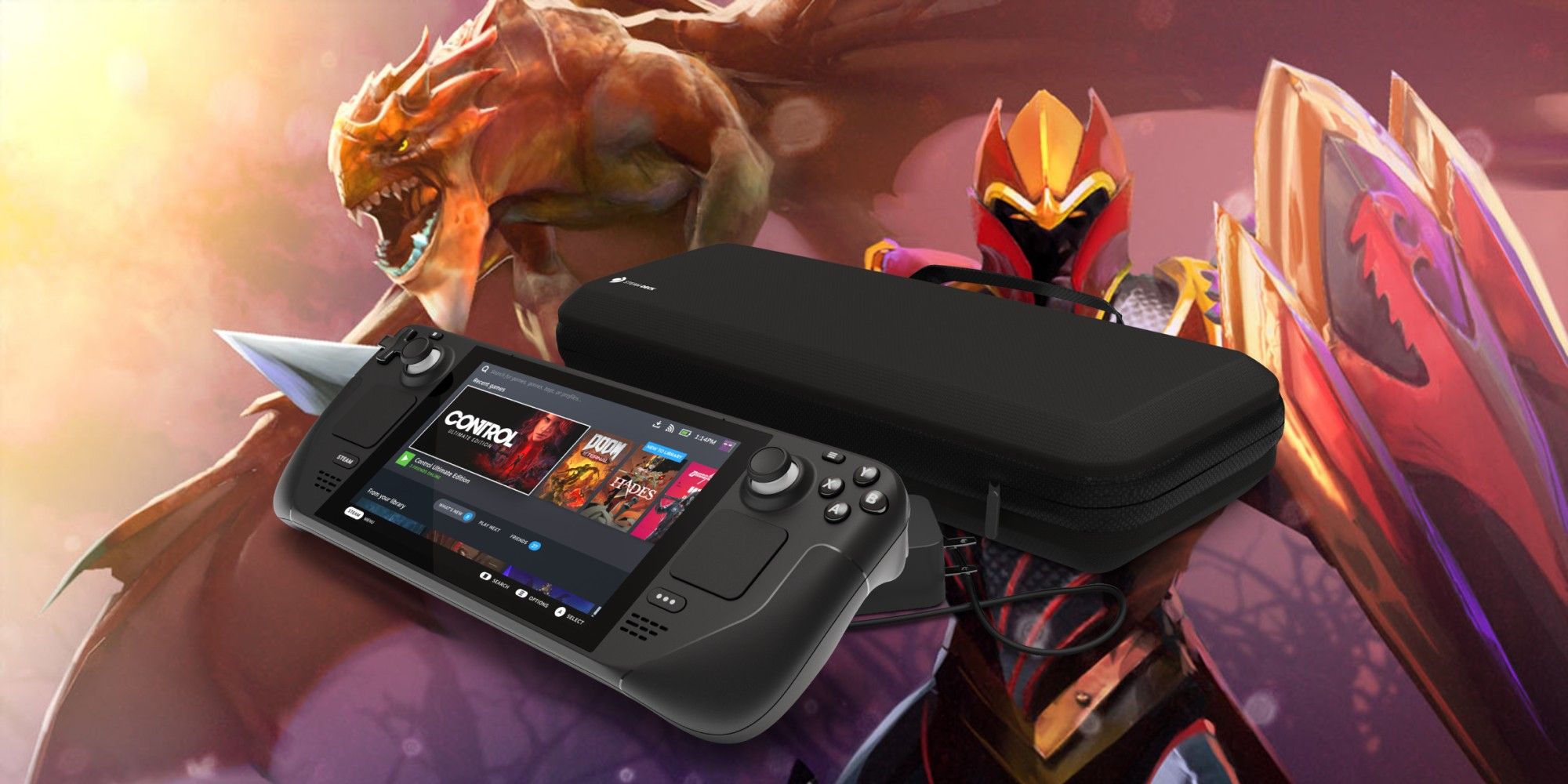
On July 15, Valve Entertainment announced the Steam Deck. Bearing resemblance to the Nintendo Switch, the Steam Deck is essentially a handheld gaming PC designed to bring a true desktop gaming experience to players on the go. The Steam Deck could bring a new level of accessibility to the community, especially since its price point of $399 is much more in line with other consoles as opposed to desktop gaming rigs that can run upwards of $1000. Even more, it has the potential to completely reshape the competitive gaming scene, especially regarding mobile esports.
Mobile gaming colloquially refers to gaming on a smartphone, and titles have to be specifically developed in order to run on such handheld devices, usually due to their smaller screens, storage size, and processing systems. Over time mobile game options have become more intricate, evolving from classics such as Fruit Ninja to the recent RPG hit Genshin Impact. As software has improved to support bigger and more complicated games on mobile devices, so has hardware. It's now possible to connect a controller to a smartphone, and screen mirroring means mobile gamers aren't relegated to the small screens of their phones or tablets. As mobile gaming technology evolves and grows, so should its definition broaden to include handheld consoles, such as the Nintendo Switch or Steam Deck.
The Steam Deck features many aspects that fit the definition of mobile gaming. Most importantly, it's allowing players to play their favorite Steam titles while not tied to a desktop. Like its smartphone counterparts, it can be hooked up to a TV for a larger screen experience, and interested parties can buy additional hardware to add an ethernet option. However, the Steam Deck has the opportunity to push mobile gaming even further with tech specs impossible on a regular smartphone. The Nintendo Switch hosts competitive gaming for its console-specific titles such as Super Smash Bros. Ultimate or Mario Kart 8, and now it's time for the Steam Deck to enter the mobile arena.

As mobile gaming technology has improved, a competitive esports scene around mobile gaming is slowly growing. League of Legends: Wild Rift is a prime example of a title almost exclusively tied to a PC desktop experience adapting to its mobile users. Though Wild Rift only launched Oct. 27, official tournaments have already begun, with a world championship planned for the end of 2021. With the Steam Deck, popular esports titles such as DOTA 2 could be made accessible to new competitors who didn't otherwise have a PC.
The introduction of the Steam Deck to mobile gaming could also open a new wave of competition in indie games within mobile esports. Steam is known for being a friendly platform for small developers, but indie creators often don't adapt their titles to mobile devices such as smartphones. Even Hades, an indie title that arguably surpassed several AAA games in popularity in 2020, doesn't have a mobile version. As the Steam Deck puts the power of a gaming rig in a players hands, it could give gamers on the go a means to competitively play these indie titles, whether it's a PvP or speedrun experience.
from ScreenRant - Feed https://ift.tt/2V73Hux



0 Comments